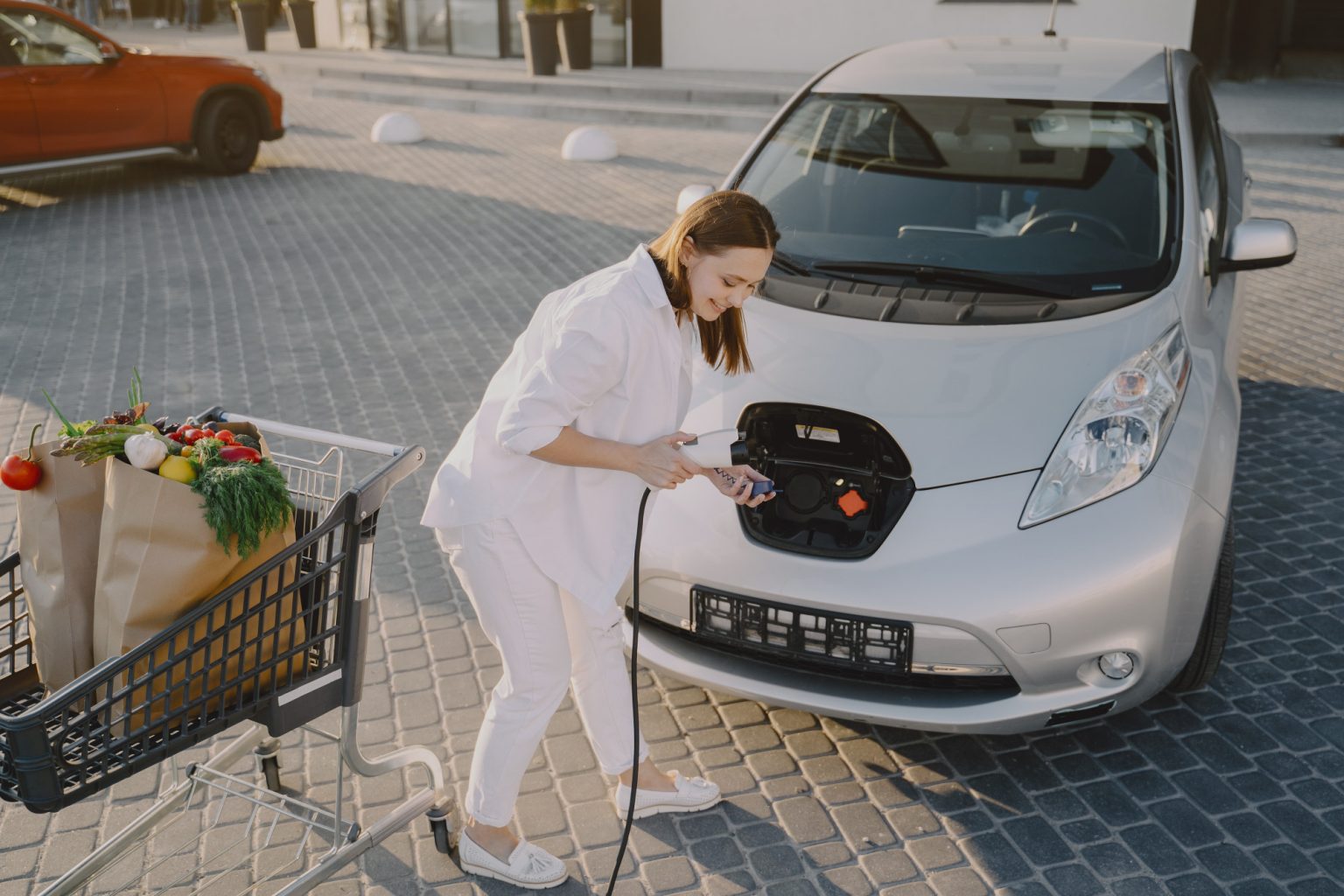The rise of electric vehicles (EVs) marks a decisive turning point in the automotive sector and highlights a shift toward greener mobility. At the heart of this transition, environmental, economic, and technological factors are redefining our relationship with cars. As sales of electric models reach record levels, consumers are increasingly turning to cleaner transportation solutions. This phenomenon is not just a passing trend but signals the beginning of a genuine transformation in the automotive industry.
The Silent Revolution: Surging Electric Vehicle Sales
The year 2025 saw a dramatic surge in electric vehicle sales worldwide. According to the latest statistics, EV sales increased by 45% compared to 2024, now accounting for 20% of the global automotive market. This growth is fueled by strong consumer demand for eco-friendly alternatives, as well as government incentives such as subsidies and tax credits. In many countries, governments are firmly committed to reducing greenhouse gas emissions, further driving the adoption of EVs.
Technological advances also play a key role in this revolution. Manufacturers are investing heavily in research and development to improve battery range, reduce charging times, and lower production costs. Major industry players like Tesla, Volkswagen, and Renault have intensified their efforts to offer a wide range of accessible models. The result is a diverse selection that appeals to numerous market segments, from compact city cars to SUVs and commercial vehicles.
At the same time, charging infrastructure is rapidly expanding, integrating electric cars into consumers’ daily lives. Charging networks are growing, and fast-charging stations are becoming increasingly common. This improved accessibility, combined with shifting consumer mindsets, makes the transition to electric vehicles smoother and more appealing. In this context, it is clear that electric cars are no longer a niche product but are gradually becoming the norm.
Toward a Greener Horizon: The Future of Sustainable Mobility
As EV sales continue to rise, the future of the automotive industry appears inextricably linked to sustainability. Environmental concerns, once considered secondary, are now central to consumer purchasing decisions. The impacts of climate change, such as rising air pollution and extreme weather events, are prompting individuals to reconsider their carbon footprint. Electric vehicles, with their low environmental impact, are emerging as viable alternatives for a more sustainable future.
However, this shift toward electric mobility is not limited to adopting new vehicle models. It also requires transforming production processes and managing resources responsibly. Extracting raw materials for battery production, such as lithium and cobalt, presents ethical and ecological challenges. To mitigate these impacts, companies are exploring solutions like battery recycling and the use of recycled materials, which could reduce dependence on non-renewable resources.
Sustainable mobility extends beyond electric vehicles to encompass integrated transportation systems. Tomorrow’s cities envision a balanced development of public transit, cycling routes, and autonomous vehicles. A cohesive and interconnected mobility ecosystem will allow citizens to explore new ways of moving around without constraints, helping to reduce congestion and pollution. Electric vehicles are thus a key component of a broader vision for an environmentally friendly future.
At the dawn of this new era, it is clear that the rise of electric vehicles represents more than just a technological shift—it is a comprehensive response to contemporary challenges. Policymakers, businesses, and consumers must collaborate to maximize the benefits of this transition, ensuring that the move toward sustainable mobility is responsible and inclusive. The future of the automotive industry may well be a road paved with ecological innovations, driving toward a healthier planet.






